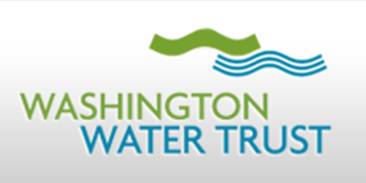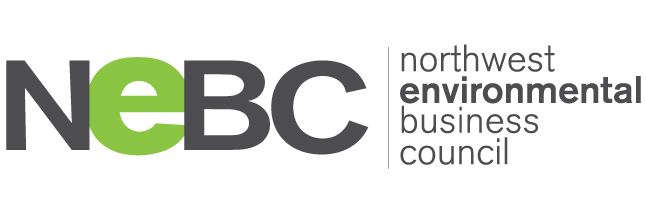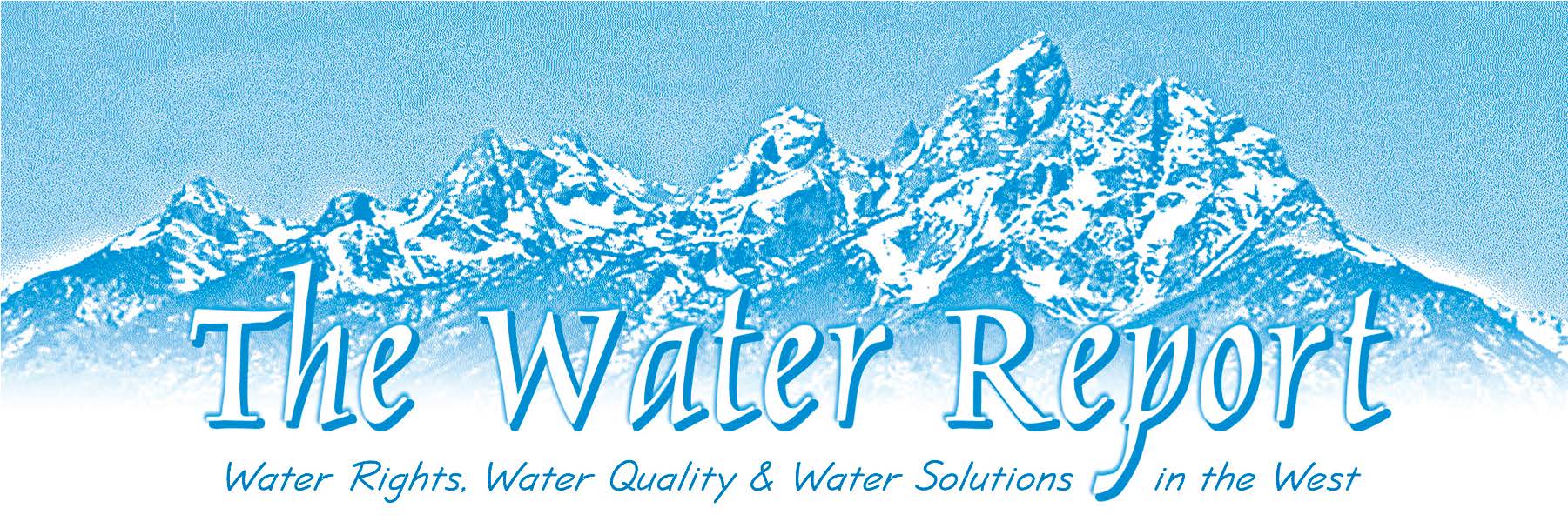Sept to Dec 2023 Edition 2023 State Conference Recap Keynote Address Summary by Greg McLaughlin - Program Director, Washington Water Trust The keynote address was given by Derek Sandison, Director of the Washington State Department of Agriculture Derek began by considering water resource management through an agricultural lens. While Washington state deals daily on a variety of issues such as trade, product safety and inspection, food safety, food security, and pest control, the value of Washington agriculture would drop dramatically without secure water resources. $5 billion of the state’s $10 billion agricultural industry is built upon 220 million acres of irrigated land, but faces threats from dropping aquifers (e.g. Odessa) and droughts, notably in the Yakima, Walla Walla and Skagit basins. Low instream flows, over appropriated basins, need for salmon recovery and threat of climate change add additional challenges. Results are sometimes contentious, and results of efforts fail when they fail to account for cultural issues. Water resource management still has conflicts, but those challenges support collaborative approaches that avoid costly litigation and lead to durable solutions. These efforts date back to the Pacific Northwest’s 1970’s timber harvest collaborations. Agreement and shared progress on goals required setting aside self interest in support of a greater good – A concept, which Sandison said, is “timeless in terms of the agreements we need to solve issues of water resource management in Washington State.” Mr. Sandison described how these lessons were reflected in the 1997 Water Resources Planning Act (RCW Chapter 90.82), providing guidance and funding for local watershed planning efforts. Some did not succeed, but others did very well. This always depended upon tribal involvement, and “the ability of stakeholders to set aside self interest and build a relationship based on mutual trust.” This led to the nationally renown Yakima Basin Integrated Plan, beginning as a conceptual plan in 2009. This laid a foundation for actions and continual progress to address water resource management in the Yakima Basin. The success of these efforts, and the approach behind them, has become a model for successful collaborative strategies statewide, including current work by the Icicle Work Group in the Wenatchee Basin and the Walla Walla 2050 strategy. Mr. Sandison closed by expressing the need to look for opportunities to use best available science to create win-win, durable water resources solutions. Derek’s opening remarks highlighted themes that would be seen throughout the remainder of the conference, where speakers and sessions highlighted how effective collaboration, use of the best available science, and creativity among diverse interests is driving successful water resource management in all four corners of Washington State. |




